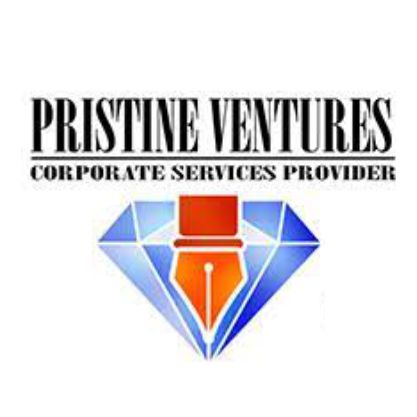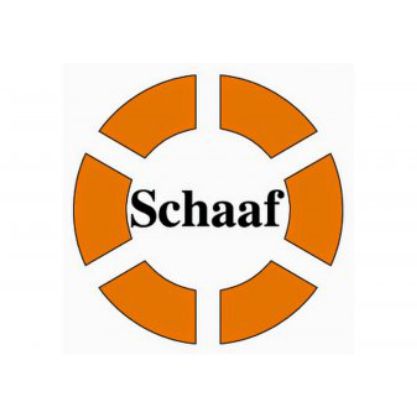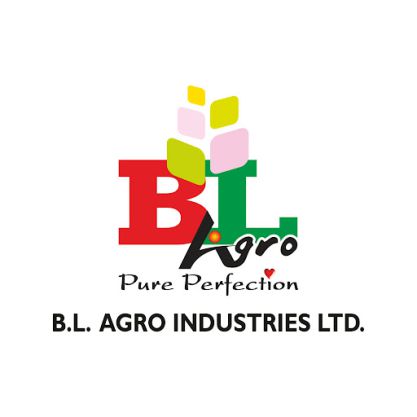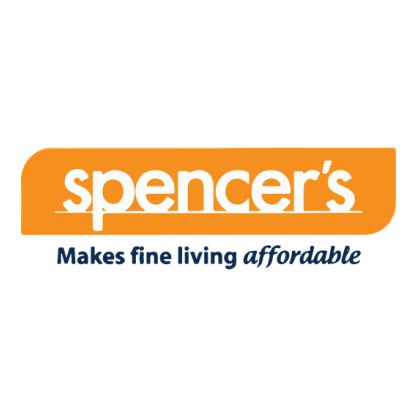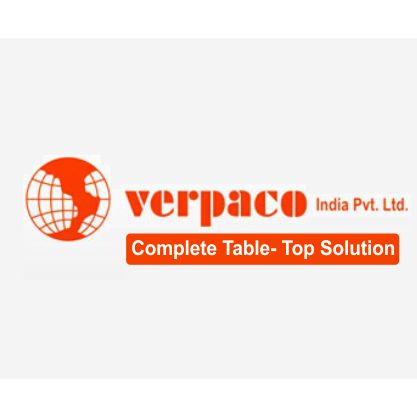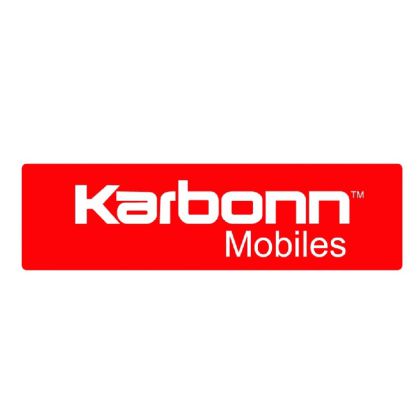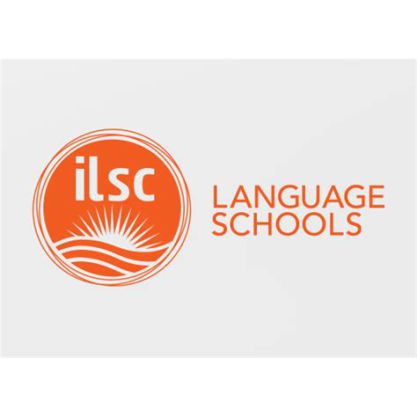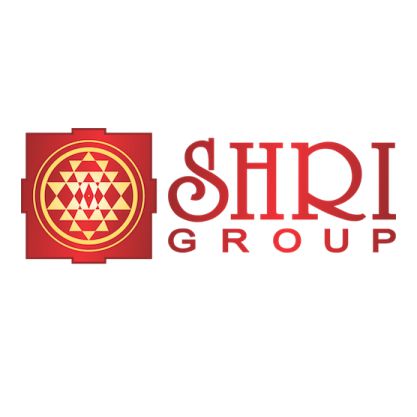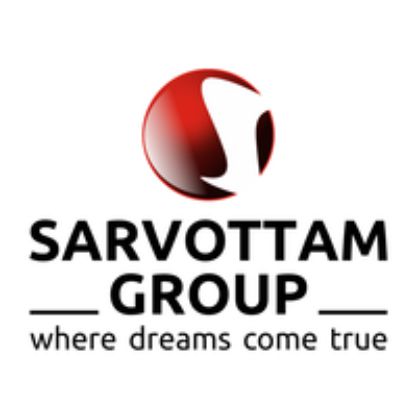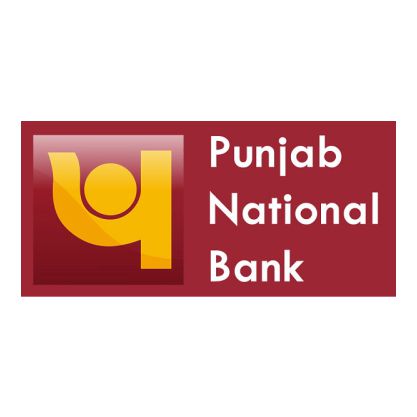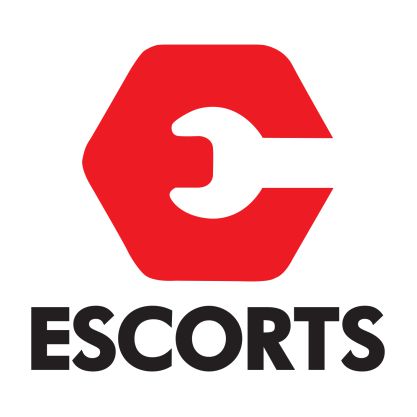FREE CONSULTATION
Feel Free to Contact Us Now! Call us (888)123-4567


Business Structure For Startup
While starting your business, the most important decision is to decide the appropriate business structure, such as Private Limited, LLP, OPC etc., for your startup. We have compared several popular businesses for ease of understanding.
Type Of Best Business Entity for Your Startup
When it comes to selecting the right business entity for your company, there are many options. There’s no one best choice for the type of business entity you legally choose, just the best choice for your particular company based on your goals.

Sole Proprietorship
A sole proprietorship is an unincorporated business with only one owner who pays personal income tax on profits earned.

Partnership
A partnership is two or more people agreeing to operate a business for profit.

One Person Company (OPC)
One Person Company (OPC) allows a single Entrepreneur to operate a corporate entity with limited liability protection.

Limited Liability Partnership (LLP)
is a partnership in which some or all partners (depending on the jurisdiction) have limited liabilities.

Private Limited Company
A private limited company provides limited liability protection to its shareholders.

Public Limited Company
Public Limited Company is a suitable option for large scale businesses that require huge capital.
We advise considering the risk or possible liability of a business and then deciding your company’s business structure.
One can see that a small retail shop has almost nil risk or liability in comparison to a business that is in foreign trade or dealing in hazardous chemicals.
From the perspective of Risk and Liability, the business structure may be divided into two categories.
The first category is where the owner’s liability is limited to the capital that he has promised to pay into the business and another where the owners have unlimited liability.
| Unlimited Liability to Owners | Limited Liability to Owners |
|---|---|
|
|
Generally, FDI is permitted in India; there are two routes through which foreign direct investment can come to India. Most of the sectors are open for 100% FDI under automatic route.
Automatic Route: One is known as an automatic route where there is no need to obtain prior permission before setting up a company or subscribing to the shares in an existing company.
Approval Route: Few strategic sectors and the FDI originating from a country that shares land boundaries with India, such as China, Pakistan, Afghanistan, Afghanistan etc., are considered under the Approval Route.
| 100% Indian Ownership | 100% FDI | NRI or OCI |
|---|---|---|
|
|
FDI in Proprietorship and Partnership is allowed only on a Non-Repatriation Basis/ |
Client Testimonials

What people are saying about our services.

Wonderful experience and a very professional bunch of people. I extremely happy for their support and timely guidance ..keep the good work rolling!
gulshan anand singh

KDS is really a Smart & Highly Professional Organization. The most important thing is that you don't ever have to remind them of what needs to be done!
Upendra Singh

I have done my company Registration and post compliance formalities though this firm and I am very pleased with the services.
Santosh

Really it was good experience, company registration done in 10 days and cost is also efficient less compared to others.
Gaurav Kumar
Our Articales
Lorem ipsum dolor sit amet consectetur adipiscing elit sed do eiusmod tempor incididunt ut labore et dolore magna aliqua. Ut enim ad
minim veniam quis nostrud exercitation ullamco laboris nisi ut aliquip ex ea commodo.
Participate in staff meetings manage dedicated to marketing
Lorem Ipsum is simply dummy text of the printing and typesetting industry...
Read MoreFuture Plan & Strategy for Consutruction and Architecture
Lorem Ipsum is simply dummy text of the printing and typesetting industry...
Read MoreFamily Helping Family in The Wake of Hurricanes Harvey and Irma
Lorem Ipsum is simply dummy text of the printing and typesetting industry...
Read MoreWinning the Race for Digital Commerce
Lorem Ipsum is simply dummy text of the printing and typesetting industry. Lorem Ipsum has been the industry's standard dummy...
Read MoreTransform Customer Experience with an Intelligent Client Management
Lorem Ipsum is simply dummy text of the printing and typesetting industry. Lorem Ipsum has been the industry's standard dummy...
Read MoreHedge Funds This Year, Explained
Lorem Ipsum is simply dummy text of the printing and typesetting industry. Lorem Ipsum has been the industry's standard dummy...
Read MoreFrequently Asked Questions
What is Public Limited Registration ?
A public limited company is a joint-stock company. It is governed under the provisions of the Indian Companies Act, 2013. While there is no limit on the number of members, it is formed by the association of persons voluntarily with a minimum paid-up capital of 5 lakh rupees.
A Public Limited Company must have a minimum
Minimum 7 shareholders are required to form a public limited company. A minimum of 3 directors is required to form a public limited company.
What is LLP?
LLP is an alternative corporate business form that gives the benefits of limited liability of a company and the flexibility of a partnership.
What is meant by sole proprietorship?
A sole proprietorship also referred to as a sole trader or a proprietorship, is an unincorporated business that has just one owner who pays personal income tax on profits earned from the business. A sole proprietorship is the easiest type of business to establish or take apart, due to a lack of government regulation.
What is an OPC company?
One Person Company is a company that comprises a single person as a shareholder and can be contrasted with private companies. These companies get all the benefits of a private company such as they to have access to credits, bank loans, limited liability, legal protection, etc.
Who actually owns a company?
A shareholder is someone who owns shares in a corporation. Generally, corporations are owned by several shareholders. For example, Google is a publicly-traded corporation with almost half a million shareholders. Other corporations are closely held, meaning that there are only a few shareholders.

